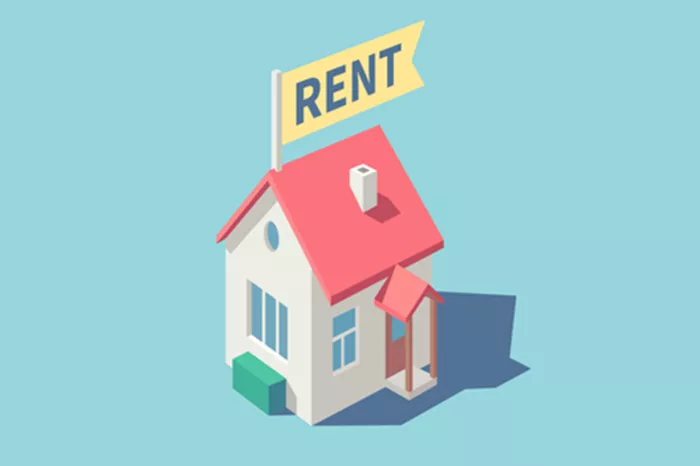Homeowners insurance is a crucial safeguard that protects homeowners from financial losses caused by damage to their property or liability for injuries and damages to others. It provides peace of mind knowing that your home and possessions are protected against unforeseen events such as fires, storms, theft, or lawsuits. However, having the right amount of coverage is essential to ensure adequate protection tailored to your specific circumstances.
Key Factors to Consider
Replacement Cost:
Homeowners insurance typically covers the cost to rebuild or repair your home to its current value, not necessarily the original purchase price. Factors such as construction costs, materials, and labor in your area influence this value. It’s crucial to periodically reassess your coverage to account for changes in these costs.
Personal Property Coverage:
This aspect of insurance protects your belongings inside the home, including furniture, electronics, clothing, and other valuables. Conducting a home inventory helps estimate the value of your possessions accurately. Consider additional coverage for high-value items like jewelry or artwork, as standard policies may have limits on reimbursement.
Liability Coverage:
Liability coverage is vital for protection against legal expenses and settlements if someone is injured on your property or if you unintentionally cause damage to others’ property. Lawsuits can result in substantial financial losses, making adequate liability coverage essential. Higher liability limits provide increased protection against unforeseen accidents or legal claims.
Deductible:
The deductible is the amount you must pay out of pocket before your insurance coverage kicks in for a claim. Choosing a higher deductible lowers your premiums but increases your financial responsibility in the event of a claim. Consider your financial situation and ability to cover the deductible when selecting an amount that balances cost savings with financial preparedness.
Calculating Your Coverage Needs
Home Value:
Estimate the current market value of your home using online tools or consulting a real estate agent. Your insurance coverage should be at least equal to the replacement cost to ensure adequate protection against rebuilding expenses.
Personal Property:
Create a detailed inventory of your possessions to assess their total value. Utilize online tools or apps that categorize items and estimate their worth. Consider additional coverage for valuable items beyond standard limits provided by your policy.
Liability Limits:
Review the standard liability limits offered by insurance companies and assess whether higher limits are necessary based on your assets and potential risks. Increased liability coverage provides greater financial protection in case of lawsuits or legal claims.
Deductible:
Evaluate different deductible options and their impact on premiums versus out-of-pocket costs. Choose a deductible amount that aligns with your budget and risk tolerance, ensuring you can comfortably cover this amount if needed.
See Also: What Is HO-6 Condo Insurance
Additional Tips for Determining Coverage
Consult with an Insurance Agent:
Seek advice from a qualified insurance agent who specializes in homeowners insurance. An agent can assess your specific needs, explain policy details, and recommend suitable coverage options based on your unique situation.
Review Your Existing Policy:
Regularly review your homeowners insurance policy to ensure it reflects any changes in your home’s value, personal possessions, or liability risks. Adjust coverage limits as necessary to maintain adequate protection against potential losses.
Consider Special Circumstances:
Certain factors may require additional coverage, such as owning high-value belongings like fine art or jewelry, residing in high-risk areas prone to natural disasters, or operating a business from your home. Discuss these circumstances with your insurance agent to determine appropriate coverage levels.
Conclusion
Choosing the right amount of homeowners insurance is crucial for protecting your home, possessions, and financial well-being. By evaluating factors such as replacement costs, personal property values, liability risks, and deductible preferences, homeowners can tailor their insurance coverage to meet their specific needs and mitigate potential financial losses. For personalized guidance and to ensure comprehensive coverage, homeowners are encouraged to consult with an experienced insurance agent who can provide expert advice and assist in securing the appropriate policy. Contacting an agent allows homeowners to obtain a personalized quote and gain peace of mind knowing they have adequate protection for their home and belongings.
[inline_related_posts title=”You Might Be Interested In” title_align=”left” style=”list” number=”6″ align=”none” ids=”2891,2887,2884″ by=”categories” orderby=”rand” order=”DESC” hide_thumb=”no” thumb_right=”no” views=”no” date=”yes” grid_columns=”2″ post_type=”” tax=””]






















